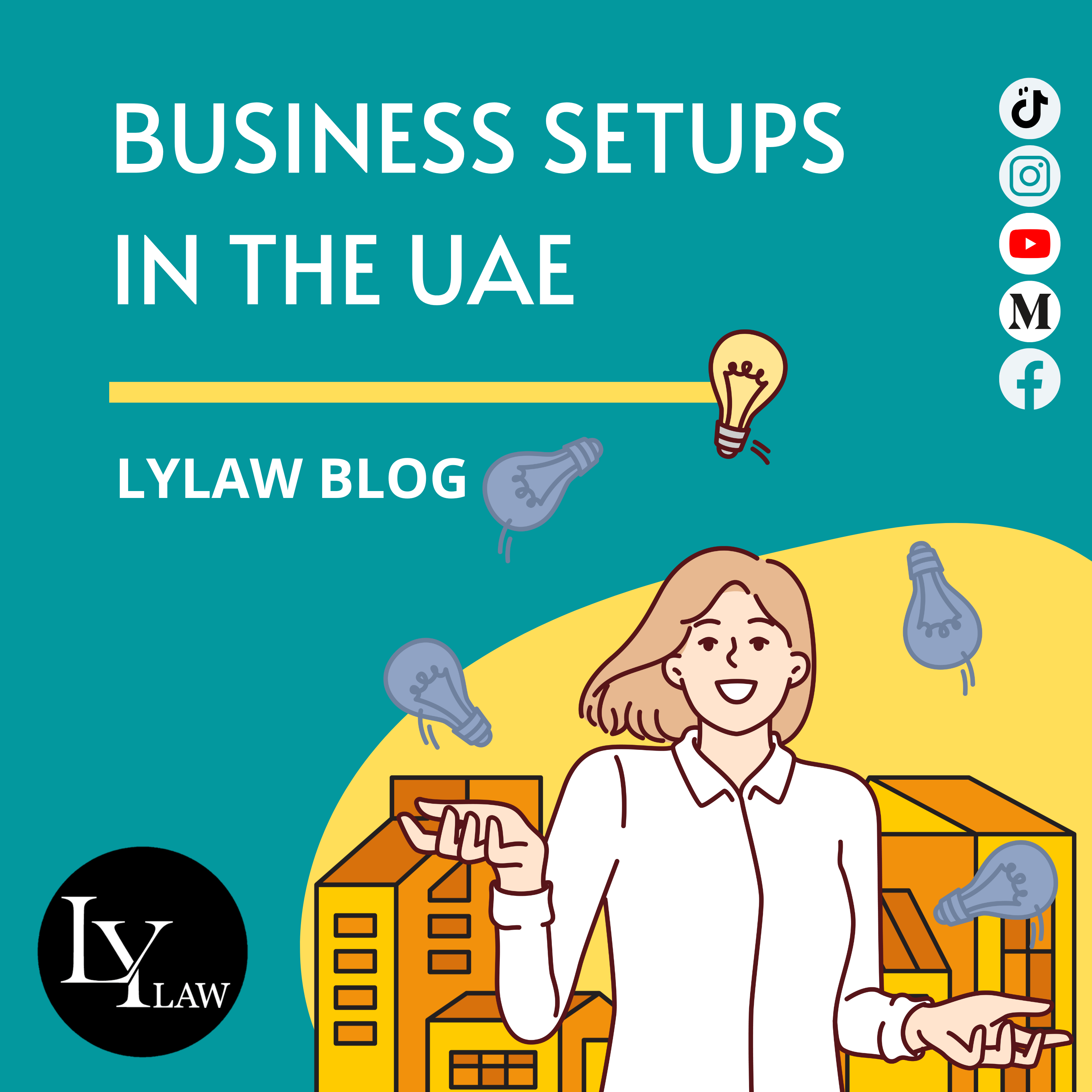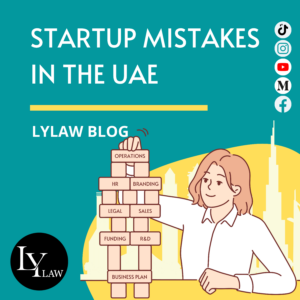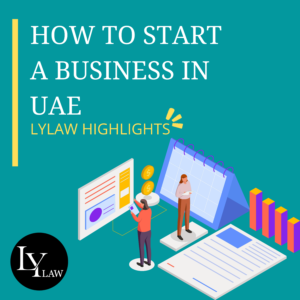
The business-friendly environment of the UAE attracts entrepreneurs and companies from every part of the world, with enormous opportunities in almost all sectors. At the same time, setting up a business in the UAE requires careful planning and well-informed decision-making since its regulatory environment is unique. Getting off on the wrong foundation can lead to serious operational and legal issues. Following are some of the most critical factors to consider when setting up a business in the UAE.
Choosing the Right Economic Zone
The selection of the right economic zone is among the first key decisions for any company aiming to set up in the UAE. There are two main options to choose from: the Mainland and Free Zones. Each has different legislation, mechanisms of operation, and benefits. Significantly, there is no “UAE-wide” business license, with companies needing to register in at least one emirate and then expand to other zones by opening branches or forming subsidiaries. Established free zones like the DMCC, JAFZA, and DIFC have modern infrastructure, consolidated online portals, and business-friendly processes that help foreign companies manage their operations remotely. Their mainland counterparts are more accessible for wider market access; however, they come with more regulatory restrictions, including an employee quota and less cohesive management systems.
Understanding the Complexities of Free Zones
Whereas some free zones have reputations for ease of procedure, others are cumbersome because they necessarily rely on third-party agents. These agents are middlemen that may also exercise control over critical aspects of business operations, such as the licensing and communication processes with the free zone authority. In such cases, a lack of direct access to the license may create inefficiency and conflicts of interest. For instance, there are instances where businesses have to suffer delays in trying to move to another free zone because the existing zones try to withhold NOCs in order to keep them behind. Such tactics reduce operational flexibility and create unexpected obstacles.
The Risks of Over-Reliance on Consultants
In most cases, consultants guide foreign businesses through the setup process. However, not conducting thorough due diligence while relying on consultants leads to suboptimal decisions. This includes consultants who have vested interests in certain zones they push businesses toward and those using some general templates, even for documents so significant, such as Memorandums and Articles of Association and employment contracts. Such pre-patterned solutions hardly aim at the singular needs of their business and place a business at significant risk from an operational efficiency viewpoint or legal fallout.
Negligence of Specific Legal Requirements of the UAE
The other frequent mistake is a failure to adapt business practices and agreements to the legal and regulatory environment in the UAE. Many businesses try to use documents drafted in their home countries, thinking that they should be adequate. However, such agreements are mostly unenforceable in the UAE and also fail to meet the local compliance requirements.
For instance, the UAE has employment laws that require contracts to meet their unique legal requirements, whatever the country of origin of the parent company is. Non-compliance with required contract structures can lead to legal and business disputes that can significantly damage a company’s operations.
Setting Up the Right Foundation
Businesses can avoid many of these common problems through the following ways:
- Research: Understand the variation in economic zones to choose one that is suitable for the growth of your business model.
- Direct Interface: Wherever possible, interface directly with free zone authorities and not necessarily only through third-party agents.
- Specialized Documentation: All contracts and agreements should be prepared or vetted by UAE law-savvy lawyers.
- Professional Expertise: Engage reputable advisors for legal, financial, and operational matters to achieve a compliant and efficient setup.
Conclusion
The structure in which the business has been set up will ensure that the business is stable and profitable in the long run. This involves the selection of the right economic zone, doing due diligence on working with consultants, and careful alignment with local regulations in the UAE. Any shortcuts to hasten the setup process will actually save some time initially but create considerable challenges later on. With a focus on informed decision-making and tailored solutions, businesses can position themselves for sustainable growth and success within the UAE’s competitive landscape.






